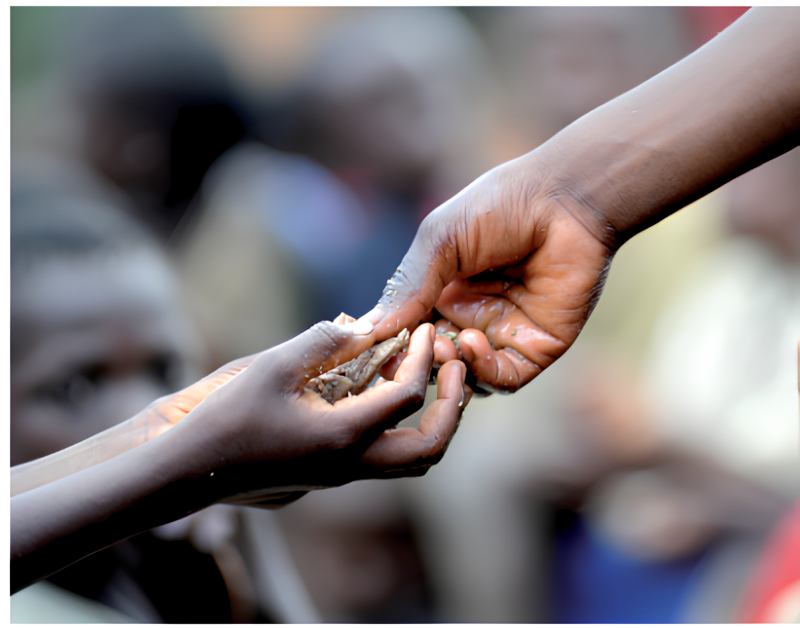
The first work of mercy, against food waste
It is the first work of mercy, feeding the hungry. Yet, one of the first gestures we make is to throw away food
On the 12th National Food Waste Prevention Day, promoted in Italy by the Zero Waste Campaign, it is right to make a serious reflection on the issue, because as poverty and, therefore, the poor increase, waste increases.
In fact, according to the Report “The Case Italy 2025” by the Waste Watcher International Observatory, in collaboration with the University of Bologna, Italians wasted more this year than last year (140 euros per person in 2024 versus 126 euros in 2023). A food waste of 14, 1 billion euros, or 4.5 million tons of products ended up directly in the dustbin. Primarily, fruit and bread.
We have only five years to achieve one of the most urgent goals of the 2030 Agenda, and that is to reduce food waste by 50 percent, but a lot of work needs to be done in this regard.
More incentives are needed at the institutional level, and legislative action should also be taken (in France, for example, supermarkets are absolutely forbidden to destroy unsold food). There is also a need to raise awareness of good practices, such as donations to charities, and to adopt food education policies.
Individually, finally, it is important, on the one hand, to learn to be more sober and make more conscious purchasing choices and, on the other hand, to have humanity at heart: to read together the Gospel passage where Jesus says “I was hungry and you gave me something to eat”; to strive for generosity, sharing, fraternity; to strive for more justice in the world
When our grandmothers repeated to entire generations “eat everything, think of the poor children,” they were not doing such an unhealthy thing. Psychologists would surely have other theories (even fair ones) about it, but, after all, the gist of that phrase was an expression of a simple culture that showed and taught care for those who had less than us.
Education to reduce waste, therefore, also comes through sensitivity and awareness.
Knowing that 800 million people in the world go hungry and that malnutrition causes 1 in 5 deaths among children under 5 would already be a step forward.
Then, conveying the value, importance and beauty of the first work of mercy would do the rest.
Source
Image
- Father Giovanni Piumatti
